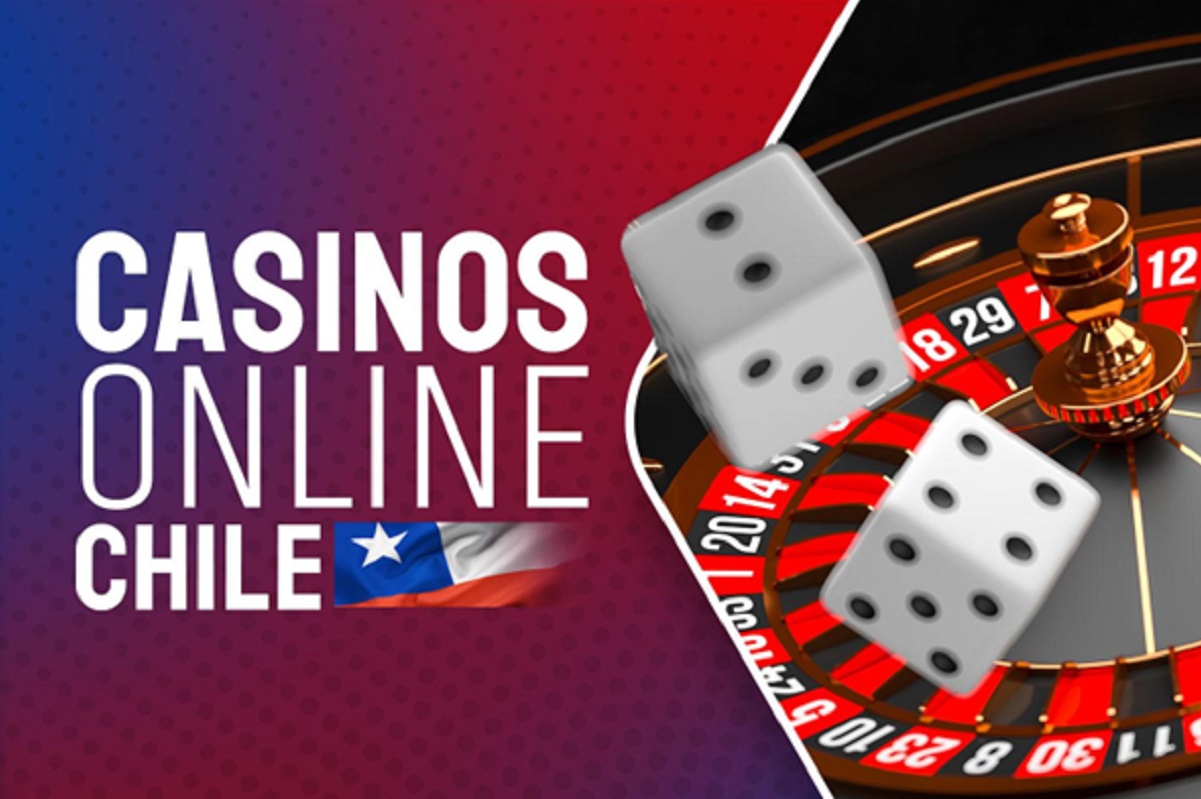
Within the lively world of casinos, in which the air buzzes with enthusiasm and the clattering of tokens permeates the environment, the role of a game dealer is both crucial and fascinating. Every day, these skilled experts step into a world where luck and tactics converge, leading players through the ups and downs of their selected casino games. From card games like blackjack and texas hold ’em to the revolving wheels of the roulette table, dealers facilitate the gameplay while guaranteeing that every game operates seamlessly and fairly.
As the day breaks on another hectic day, a casino dealer prepares to dive in this dynamic environment. Their duties extend beyond merely distributing cards or spinning a wheel; they are also performers, service providers, and keepers of the rules. Each shift brings new challenges and experiences, making every day unique in the life of a dealer. This behind-the-scenes look will examine the daily routine of a casino dealer, showcasing the expertise and insights that make this career both exciting and fulfilling.
The Role of a Casino Table Dealer
A gambling game dealer is at the core of the gaming experience, managing the flow of the game while ensuring that players are engaged and entertained. Their primary duty is to oversee the game, which involves distributing cards, rotating the wheel, or managing the chips, based on the type of game being played. Dealers must possess a deep understanding of the regulations and regulations governing each type of game, while also upholding a friendly and approachable demeanor to improve the gambling atmosphere.
In addition to managing the play, dealers must also keep a close watch on the players and the surroundings around the game. This includes monitoring for any signs of cheating, making sure that everyone is adhering to the guidelines, and resolving any disputes that may arise among players. Effective communication skills are essential, as croupiers often give explanations about the rules and mechanics and give assistance to those who may be new to casino games.
Moreover, a dealer’s role extends past just the mechanical aspects of the play. They play a key part in creating an immersive experience for the players. This requires establishing a connection with patrons, being attentive to their needs, and often adding an aspect of entertainment into the game. It’s this mix of skill, vigilance, and people skills that makes the role of a casino game croupier both challenging and rewarding in the dynamic world of gambling games.
Responsibilities and Challenges in Daily Operations
One of the key responsibilities of a dealer in a casino is to manage the multiple games provided at their table, making sure a smooth and pleasant experience for players. Dealers must be proficient at distributing cards, counting chips, and maintaining the continuity of the game. This calls for a deep understanding of the regulations of each game, from blackjack to roulette, and the ability to address players’ questions while maintaining the game moving. Attention to precision is crucial, as dealers must monitor bets, disburse winnings accurately, and monitor any cheating or discrepancies at the table.
In addition to supervising the game itself, dealers face challenges such as managing difficult players. The casino environment can be stressful, particularly during intense games, and a dealer must remain composed and maintain professionalism at all times. They need strong interpersonal skills to handle interactions with players who may be frustrated about losses or dissatisfied with the game’s pace. Handling these situations delicately is essential in ensuring a positive atmosphere on the casino floor.
Another significant responsibility is maintaining the honesty of the game. Dealers must be alert and attentive, watching for any signs of collusion or cheating among players. This involves not only a strong knowledge of the games but also an awareness of player psychology. They must also adhere to the casino’s rules and procedures, participating in regular training sessions to stay informed on rules and protocols. Balancing these responsibilities while providing excellent customer service is what makes the role both challenging and fulfilling for a casino game dealer.
Attributes and Traits for Achievement
A successful casino game dealer must possess superior communication skills. This includes not only the ability to clearly explain game rules and procedures to gamblers but also the capacity to interact with them in a cordial and competent manner. Cultivating rapport with guests can enhance the gaming experience and encourage repeat visits to the casino. i win Strong communication enables dealers to manage tables smoothly while ensuring that players feel appreciated.
Additionally, solid mathematical skills are essential for a dealer. Quick math are often required to keep track of bets, payouts, and game outcomes in the moment. A dealer’s ability to perform these calculations accurately and swiftly promotes to the overall efficiency of the game. This skill helps in maintaining the flow of play and in minimizing disputes or misunderstandings with players, which is crucial in a fast-paced casino environment.
Lastly, an ideal casino game dealer should exhibit integrity and professionalism at all times. Trust is a key component of the gaming experience, and players must feel assured that the games are conducted honestly and clearly. A dealer’s commitment to upholding high ethical standards fosters a positive atmosphere at the table and enhances the casino’s reputation. Being consistent in behavior ensures that dealers leave a enduring impression on guests, which can lead to a loyal customer base.